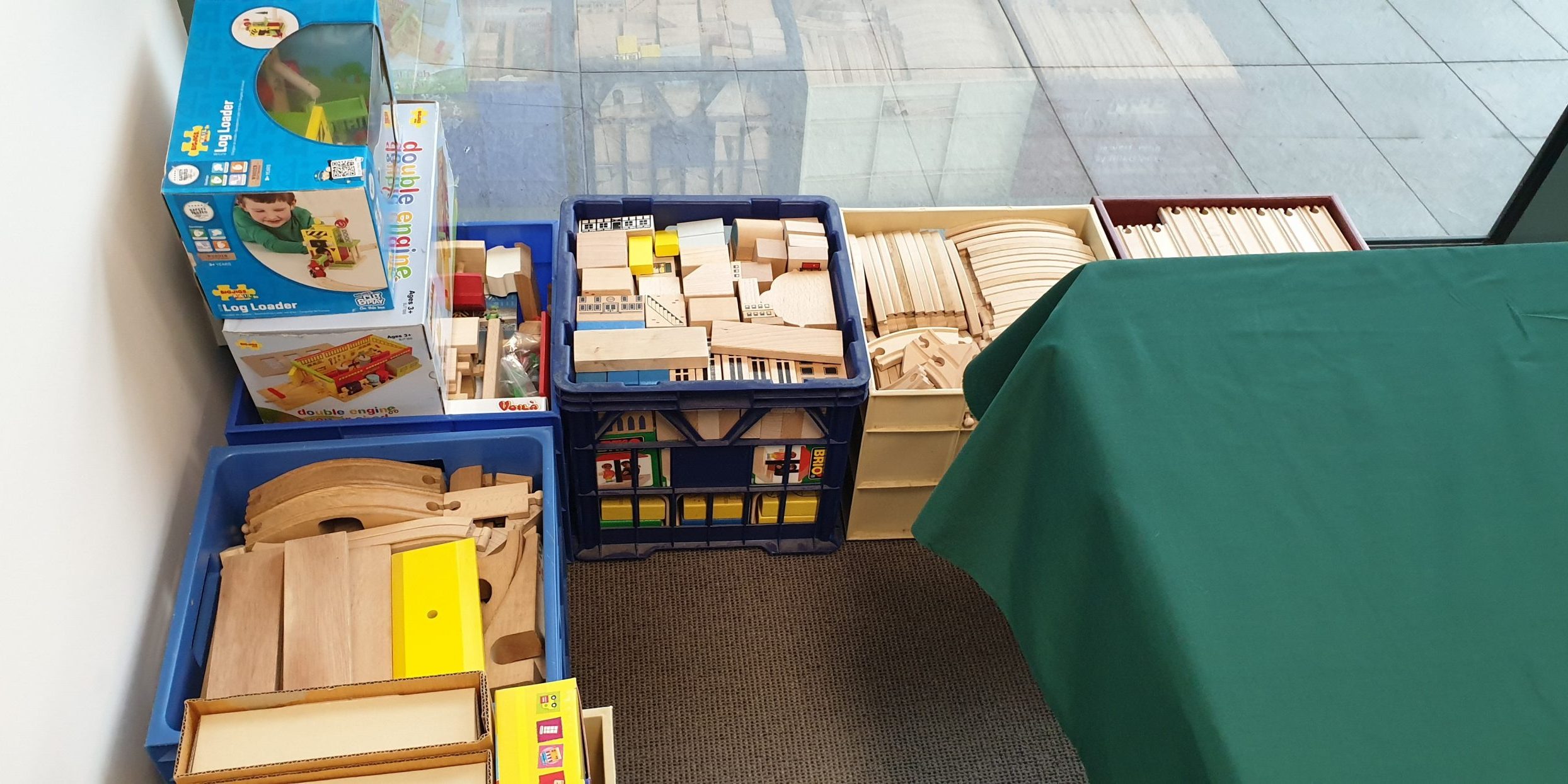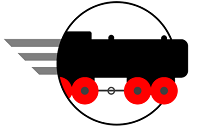
Frequently Asked Questions
Stations and yards are the major focus of layout design. These are mapped out on paper, with an overall plan and the available space in mind. Infrastructure quantities, such as switching tracks, stations, and turntables, are monitored to ensure that designs can be successfully constructed.
Building a layout takes many, many hours! The Town & Country layout was carefully planned in advance, and fully constructed in a single 18 hour session. The much larger Ruritanian Romance layout was designed at very short notice, and then took over a week to construct.
Early layouts were influenced by various English locales, while also acknowledging individuals and families associated with the Collection's history. The Ruritanian Romance layout depicted fictional Balkans countries that were created by late 19th Century adventure novelists.
In the early years, the Collection was built with purchases from local Australian retailers. With the advent of online marketplaces such as eBay, toys from a wide variety of brands, including pieces that were not specifically designed for use with wooden trains, have been added.
No. The widespread use of battery driven trains would require mechanical switching tracks, and entail the replacement of hundreds of existing pieces.
Thomas Wooden Railway track and trains are visually incompatible with all other wooden railway brands, and are not used. However, a number of Thomas branded accessories, such as signals and trees, do form part of the collection.
Yes. A number of custom pieces were built to order during the late 1990's and early 2000's, including a signal box, church, bridge, and double pylons. In addition, a number of limited run stations, buildings, and accessories have been purchased from online marketplaces over the years.
Most of the wooden pieces, such as track and buildings, can be stacked and are stored in plastic crates. Smaller and more breakable pieces, including trains, signals, and people, are stored in plastic containers or their original boxes.
